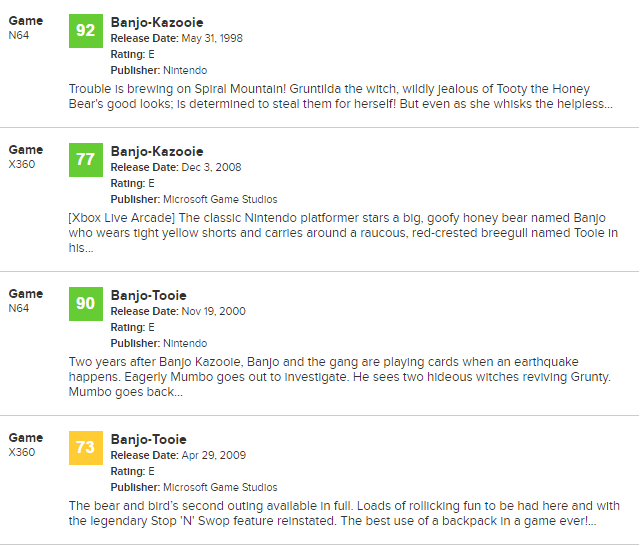It's probably this... but not only. You've said you're binging Radiant Historia, FF3 and Bravely Default that's awesome, they're also 3 of my favorite DS/3DS JRPGs. Those go a step further than being like the classics though, they emulate the old-school gameplay but add just enough QOL and modern features to be more like "the way you remember the classics to be" instead of "the way the classics actually were" (Same can be said for Alien: Isolation, as well, which is one of my favorite horror games. You could even extend it to the recent Project Zero entries which were... critically destroyed for being more of the same PS1/2 era horror games yet I'd say if you like those you will also maybe like the new Project Zero games). Quest structures, saving, difficulty... FF3 might be the most old-school of the bunch, but Bravely Default, while kinda feeling like the lost child of Final Fantasy 6 and 9, manages to actually be very innovative and modern with a lot of its features.
And I think this is where YL, from what I've seen and read about it, falls a bit off the mark. I am a huge fan of platform games, I even enjoyed Donkey Kong 64... a lot (!)... but in many ways, you can do collectathons today without them feeling like a chore. Which, according to some reviewers, YL unfortunately does at times. Technical hiccups and - arguably - rather monotone leveldesigns in later stages probably don't help it any further.
This does not mean it is a bad game, it's probably, and that's back to your reasoning, a special niche taste game. So hey, most people who like N64 style platform games will still enjoy the game for what it is while it is lacking enough modernisation to revitalize the genre itself in a big way (unfortunately so).
So basically, I agree, but I also would say the likes of Bravely Default, Radiant Historia, Alien: Isolation or Resident Evil 7 are far better at emulating the oldschool gameplay while adding just enough modern features to reel in new audiences together with old fans.


